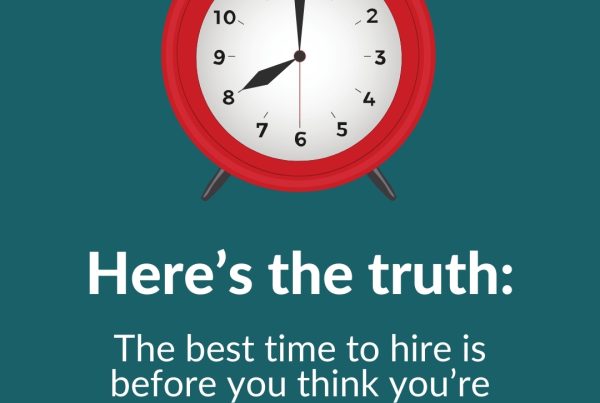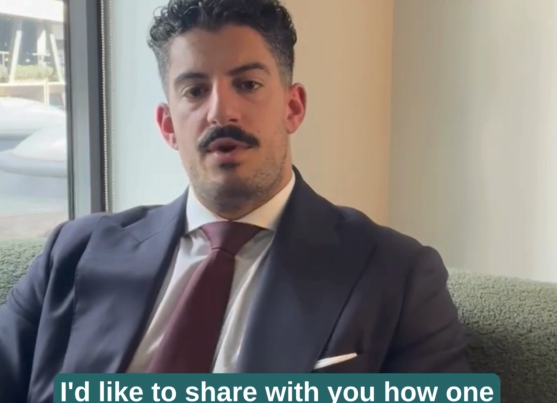While we’ve shared many insights, tips and tricks on the interview process from a candidate perspective, we thought it was high time we showed our clients some love too. Sharing industry best practices, tried and tested procedures and adaptable guidelines to help you structure a successful interview.
In charge of hiring and looking for a win? This one’s for you!
An interview guide for businesses
A balanced approach.
While each business is different and hiring needs will vary, we’ve assembled a basic guideline to help you through. Five simple structure guides to help you host a balanced and successful interview process for all.
We’ve laid out our ratios based on a standard one hour interview. If you’re short on time or eager to extend, we recommend that you keep to the same five basics and adjust the timeline accordingly.
The Intro (Time Guide: 10 Minutes)
Use the first ten minutes of an interview to get to know each other – build up some rapport, make sure you become familiar with each other and get to know one another on a lighter/personal note. The initial meet and greet shouldn’t be straight to business. Establish a level of comfort to make the experience more enjoyable for all.
This time is also an opportunity to assess values and culture fit. How do you gel as people and potential co-workers? Do interests align? Are there contrasting inputs that could complement your current team?
For insight on building a good rapport, check out our article on the topic – How To Build A Good Rapport.
The Business (Time Guide: 20 Minutes)
Now that you and your interviewee are more acquainted, it’s time to get down to business. Take the next 20 minutes to explore how the candidate aligns with your business from a skill and expertise perspective.
What relevant experience do they currently have? What skills are perhaps lacking or in need of development? Do they have additional skills they can bring to the table? And do they have a willingness/desire to learn?
Use your job brief or position description as a guide. Note any credentials or essential qualities they do or don’t possess. Remember that a good attitude beats aptitude any day as most skills are teachable.
Click here for more on Technical Skills Or Experience VS A Good Attitude.
The Journey (Time Guide: 10 Minutes)
You’ve established the skills, but what about their goals? Ensure you as an employer gain some comfort around the candidates bigger picture. Learn their goals, motivators and aspirations.
Questions exploring this avenue will help you establish what will keep them happy and engaged long term. Discover what they want out of this role and where they see themselves in 5 years. It’s important to touch on what the journey looks like to them.
The Matchmaker (Time Guide: 10 Minutes)
By this portion of the interview, you should be gaining a good sense of whether this candidate could be a match for your business/role. Take this time to engage the candidate on the opportunity.
Share insights on the crucial parts of the position, culture and the opportunity in general. Engage the candidate and show them that the match goes both ways. Pitch/present your offering in the best light whilst being true to the fundamentals of your business.
A successful hire is built on mutual benefits for all and must be a two-way street.
The Wrap Up (Time Guide: 10 Minutes)
You’ve set the scene, got the details and asked everything you need to know. Mission complete? Not just yet!
Be sure to end the session with questions from the candidate. Allow them to ask anything that may be outstanding on their mind. If they are progressing, everyone must be on the same page moving forwards. Achieve this with a clear, transparent conversation that allows for queries by both sides.
Wrap up the interview by letting the candidate know the next steps in the recruitment process. Sharing details like an approximate timeline helps to leave everyone knowing what to expect.
Remember, praise isn’t taboo! If they’ve done a great job, let them know. If you’ve got a high interest in them for the position, the last thing you want is for them to leave feeling deflated or unsure. Be sure, however, to not mislead.
While this is a foundational guide, you are welcome to make it your own. Tailor it accordingly to best suit you and your business.
The key is to find the right balance. Ensuring the candidate has the potential skills and values needed to progress further whilst not going too hard on the interview questions. Be sure to present the opportunity to work with you, your business, and your team and remember, they are interviewing you too. In this current market, they are spoilt for choice, so it’s important you can clearly articulate what you as a business have to offer them in this position and in a career!
>BOOK A FREE 15 MINUTE BUSINESS CONSULTATION<
Looking for some more great tips on recruitment and the mortgage broking industry? Sign up for our newsletter for monthly insights.






